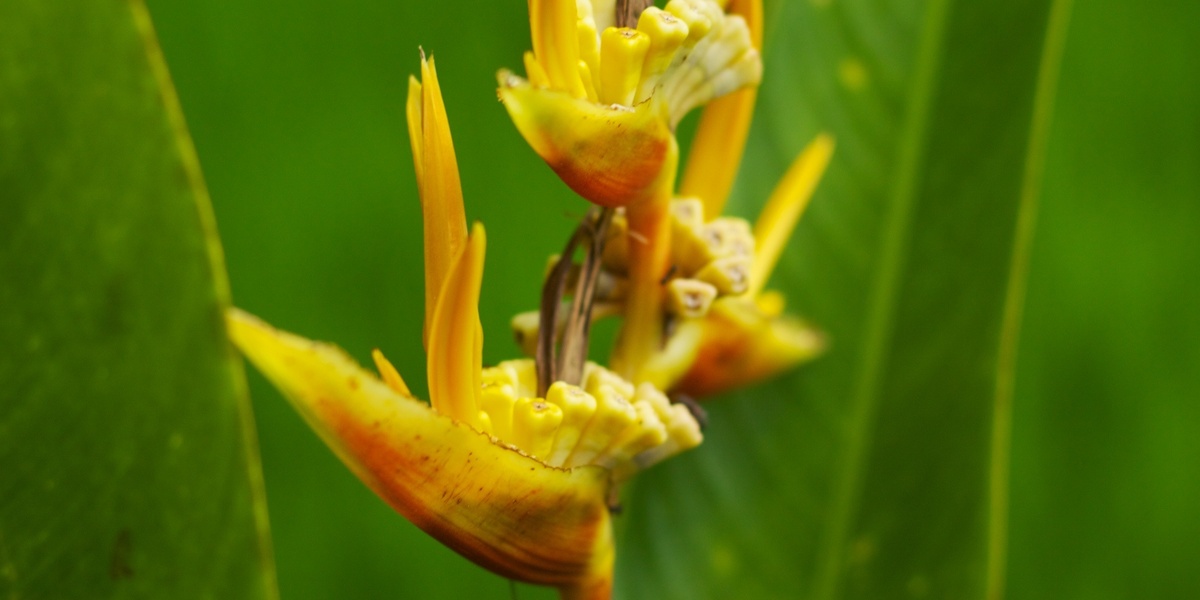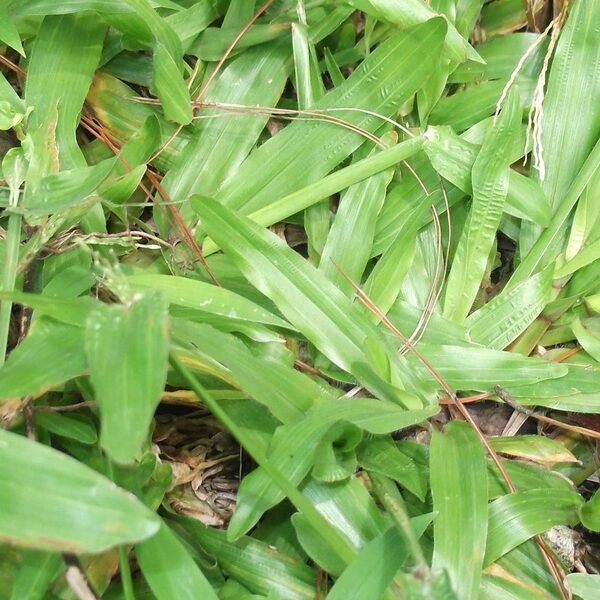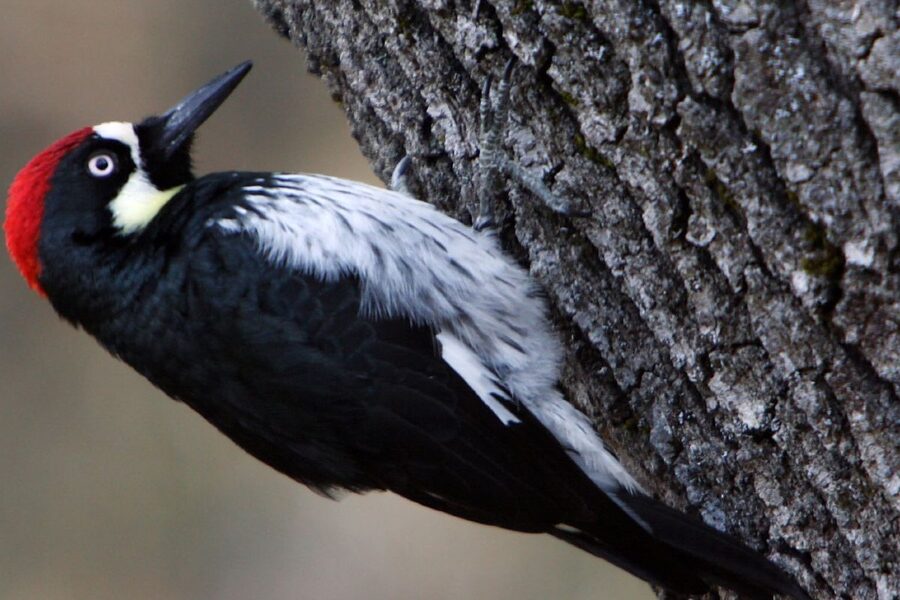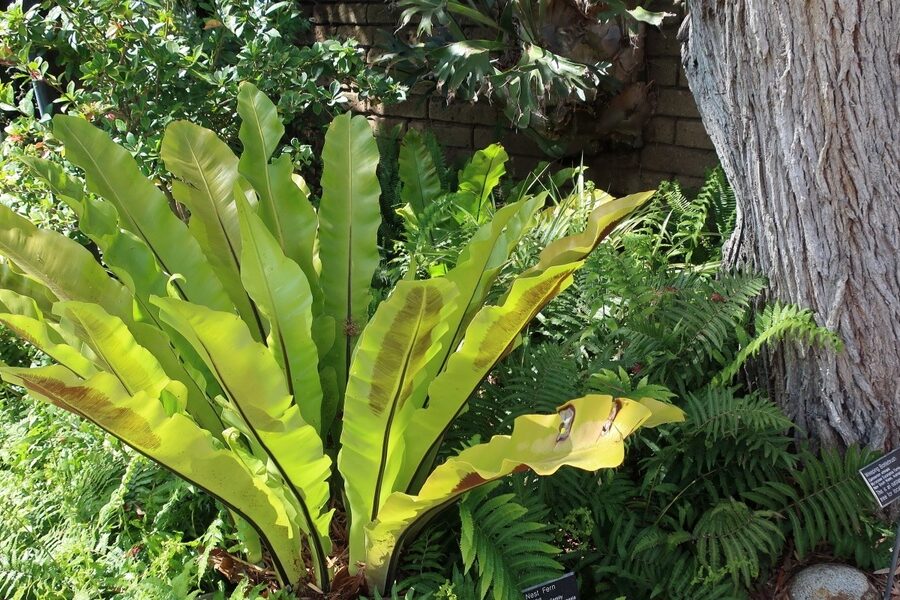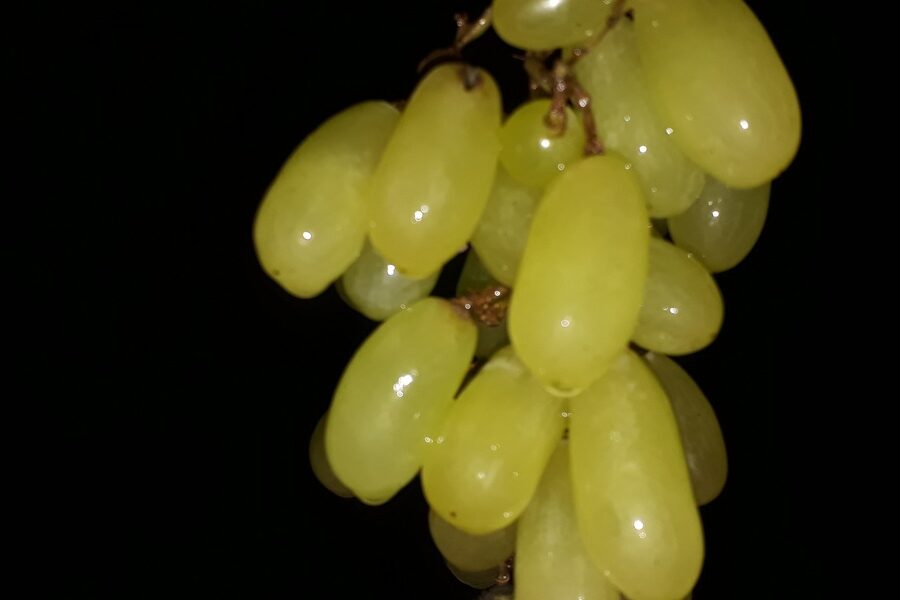Imagine stepping into a world where every bloom is a burst of vibrant color and unique form, a testament to nature’s boundless creativity. Tropical regions around the globe are natural greenhouses, nurturing an incredible diversity of flora that thrives in warmth and humidity, often displaying striking appearances and sometimes, intoxicating fragrances.
This guide delves into that rich world, offering a comprehensive look at some of the most beautiful and intriguing species. We’ve compiled a list of 37 tropical flowers, showcasing their incredible range, from the striking Amaryllis to the exquisitely fragrant Ylang-Ylang. For each entry, you’ll find essential information including its Scientific Name, Native Region, Notable Feature, and Mature Height (cm), all presented in the detailed list you’ll find below.
What exactly defines a ‘tropical’ flower?
Tropical flowers are typically species native to regions located between the Tropic of Cancer and the Tropic of Capricorn. These areas usually experience warm temperatures year-round, high humidity, and often distinct wet and dry seasons. The plants have evolved to thrive in these specific conditions, leading to their unique forms, vibrant colors, and sometimes, specialized adaptations for pollination or water retention.
Can tropical flowers be grown in non-tropical climates?
Yes, many tropical flowers can be grown successfully outside their native regions, but they often require specific care to replicate their natural environment. This might involve growing them indoors as houseplants, in greenhouses, or outdoors during warmer months in containers that can be moved. Key factors to manage include maintaining adequate warmth, humidity, and providing protection from frost.
Tropical Flowers
| Flower Name | Scientific Name | Native Region | Notable Feature | Mature Height (cm) |
|---|---|---|---|---|
| Bird of Paradise | Strelitzia reginae | South Africa | Striking orange and blue flowers resembling a crane’s head | 120 |
| Hibiscus | Hibiscus rosa-sinensis | East Asia | Large, colorful trumpet-shaped flowers, often with a prominent stigma | 200 |
| Orchid | Phalaenopsis spp. | Southeast Asia | Complex, diverse flower shapes and colors; often long-lasting blooms | 60 |
| Plumeria | Plumeria rubra | Mexico, Central America, Caribbean | Fragrant, waxy flowers often used in leis; diverse colors | 800 |
| Anthurium | Anthurium andraeanum | Rainforests of Colombia and Ecuador | Heart-shaped, glossy spathes (modified leaves) surrounding a spadix | 60 |
| Passion Flower | Passiflora spp. | Americas | Intricate, radially symmetrical flowers with unique crown-like filaments | 900 |
| Bougainvillea | Bougainvillea glabra | South America | Brightly colored bracts (modified leaves) that surround tiny white flowers | 1,200 |
| Ginger Lily | Hedychium coronarium | Himalayan regions of India and Nepal | Fragrant, white, butterfly-like flowers with a strong, sweet scent | 200 |
| Heliconia | Heliconia rostrata | Tropical Americas | Striking, brightly colored boat-shaped bracts enclosing small flowers | 300 |
| Ixora | Ixora coccinea | Tropical Asia | Clusters of small, tubular flowers in shades of red, orange, and pink | 150 |
| Jasmine | Jasminum sambac | Southeast Asia and India | Highly fragrant, small white flowers with a sweet, intoxicating scent | 300 |
| Bromeliad | Bromelia spp. | Americas | Vibrant, long-lasting flower spikes or colorful central leaves (bracts) | 100 |
| Angel’s Trumpet | Brugmansia spp. | South America | Large, pendulous, trumpet-shaped, fragrant flowers | 500 |
| Gloriosa Lily | Gloriosa superba | Tropical Africa and Asia | Striking, wavy-edged petals that reflex backward, often bi-colored | 200 |
| Ylang-Ylang | Cananga odorata | Southeast Asia | Highly fragrant, greenish-yellow flowers with long, slender petals | 1,200 |
| Kalanchoe | Kalanchoe blossfeldiana | Madagascar | Clusters of small, vibrant, long-lasting flowers atop succulent leaves | 45 |
| Trumpet Vine | Campsis radicans | Southeastern United States | Large, trumpet-shaped orange to red flowers that attract hummingbirds | 1,000 |
| Frangipani | Plumeria rubra | Mexico, Central America, Caribbean | Highly fragrant, waxy flowers often used in leis; diverse colors | 800 |
| Bougainvillea | Bougainvillea spectabilis | Brazil | Showy, brightly colored, papery bracts surrounding tiny white flowers | 1,200 |
| Poinsettia | Euphorbia pulcherrima | Mexico and Central America | Brightly colored bracts (modified leaves) surrounding small yellow flowers | 400 |
| Strelitzia alba | Strelitzia alba | South Africa | White bird-like flowers with blue tongue and dark bracts | 300 |
| Red Ginger | Alpinia purpurata | Melanesia | Vibrant red or pink flower-like bracts (modified leaves) with small white flowers | 300 |
| Pink Porcelain Lily | Etlingera elatior | Southeast Asia | Large, showy pink inflorescences resembling an artichoke or torch | 500 |
| Curcuma | Curcuma alismatifolia | Thailand | Unique pink or purple bracts forming a cone-shaped inflorescence | 100 |
| Amaryllis | Hippeastrum spp. | Tropical and subtropical regions of the Americas | Large, showy, trumpet-shaped flowers, often red, pink, or white | 75 |
| Clivia | Clivia miniata | South Africa | Clusters of bright orange, trumpet-shaped flowers above dark green foliage | 60 |
| Crown of Thorns | Euphorbia milii | Madagascar | Small, brightly colored bracts surrounding tiny flowers; thorny stems | 120 |
| Gladiolus | Gladiolus spp. | Africa, Asia, Mediterranean | Tall spikes of showy, funnel-shaped flowers, often called “sword lily” | 150 |
| Canna Lily | Canna indica | Tropical Americas | Large, bold foliage and vibrant, irregularly shaped flowers | 200 |
| Costus | Costus speciosus | Southeast Asia | White, crinkled flowers emerging from a reddish-pink cone-like bract | 200 |
| Desert Rose | Adenium obesum | East Africa and Arabian Peninsula | Showy, trumpet-shaped flowers in shades of pink, red, or white | 150 |
| Bleeding Heart Vine | Clerodendrum thomsoniae | West Africa | White, heart-shaped calyces with deep red corollas | 400 |
| Ginger | Zingiber officinale | Southeast Asia | Yellow-green flowers emerging from cone-shaped bracts; aromatic rhizome | 100 |
| Elephant Ear (Flower) | Alocasia spp. | Tropical and subtropical Asia to Eastern Australia | Arum-like flowers, often hidden by dramatic foliage | 150 |
| Queue de chat | Acalypha hispida | New Guinea and Malay Archipelago | Long, fuzzy, chenille-like red flower spikes | 300 |
| Pink Mussaenda | Mussaenda frondosa | Tropical Asia and Africa | Showy, enlarged, brightly colored petal-like sepals (bracts) | 200 |
| Crown Flower | Calotropis gigantea | Asia | Waxy, star-shaped purple or white flowers with a central crown-like structure | 400 |
Images and Descriptions
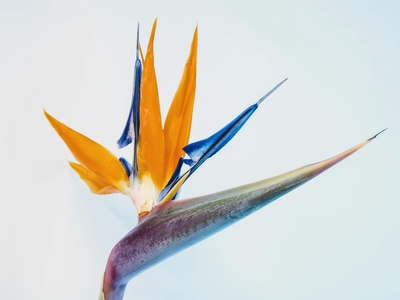
Bird of Paradise
Known for its vibrant, bird-like blooms that bring an exotic touch to any garden or floral arrangement. It is a symbol of joy and anticipation.
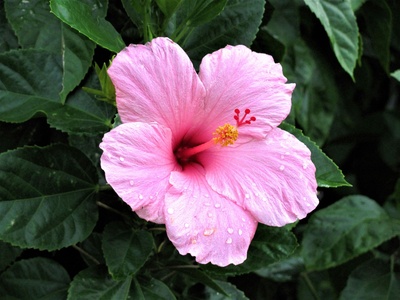
Hibiscus
A widely recognized tropical flower, famous for its large, showy petals that come in many colors. It’s often used in teas and as a decorative plant.

Orchid
One of the largest plant families, orchids are admired for their intricate beauty and elegance. They are popular as houseplants and for their unique forms.
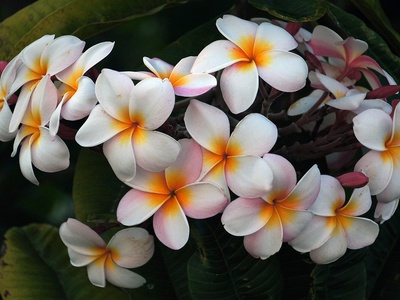
Plumeria
Also known as Frangipani, these highly fragrant flowers are iconic in tropical regions and are commonly used to make traditional Hawaiian leis.
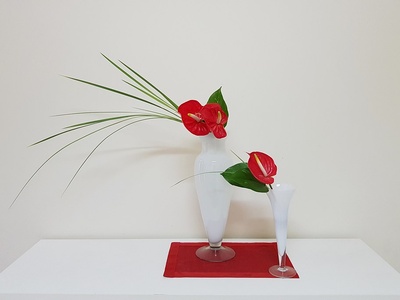
Anthurium
Recognized by its waxy, heart-shaped bracts and upright spadix, the anthurium is a long-lasting and popular cut flower. It comes in various vibrant colors.
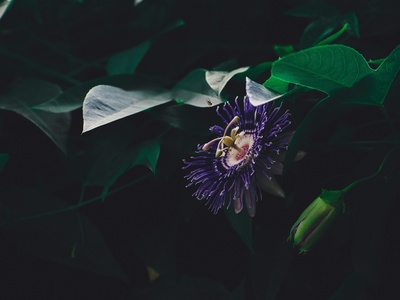
Passion Flower
Named for its symbolic representation of the Passion of Christ, this vine produces stunningly complex and beautiful flowers with distinct filaments.
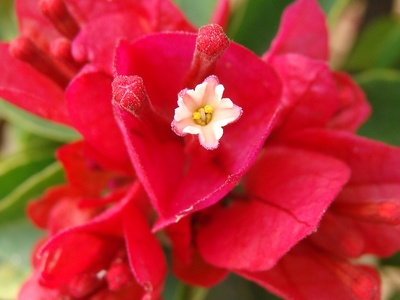
Bougainvillea
Known for its profusion of vibrant, papery bracts, this hardy climber adds a splash of intense color to tropical landscapes. It’s often grown on trellises.
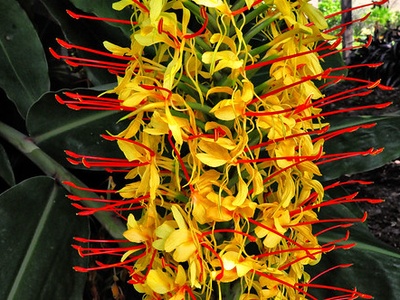
Ginger Lily
Also called Butterfly Ginger, this plant produces highly fragrant, white flowers that resemble butterflies. It’s often used in perfumes for its sweet aroma.
Heliconia
Often called “Lobster Claw” or “False Bird of Paradise” due to its distinctive, vibrant, and architectural flower-like bracts. It’s a popular choice for tropical gardens.
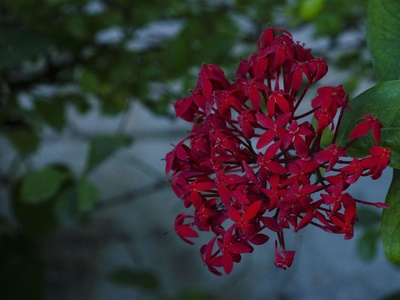
Ixora
A common shrub in tropical climates, producing dense clusters of star-shaped flowers. It’s favored for its continuous blooming and bright colors.

Jasmine
Known for its intensely fragrant blooms, this plant is cherished for its use in perfumes, teas, and as a symbol of love and beauty in many cultures.
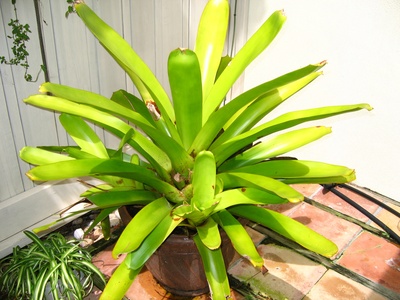
Bromeliad
These unique plants are known for their ability to grow epiphytically and for their colorful, often spiky, central flower structures or leaf rosettes.
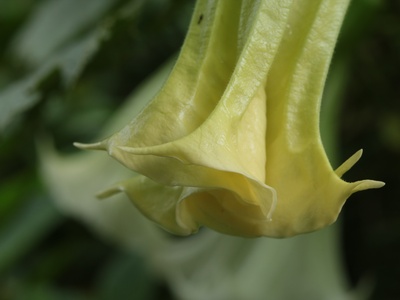
Angel’s Trumpet
These trees or shrubs produce dramatic, bell-like flowers that hang downwards, often emitting a strong, sweet fragrance, especially in the evening. All parts are toxic.
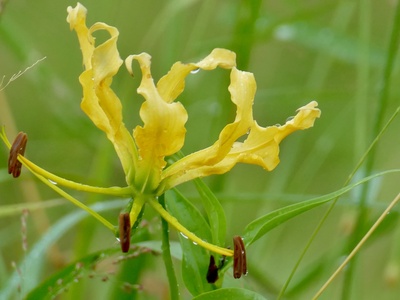
Gloriosa Lily
Also known as Flame Lily, this climbing lily features showy, flamboyant flowers with uniquely recurved petals, making it a dramatic sight in any garden.
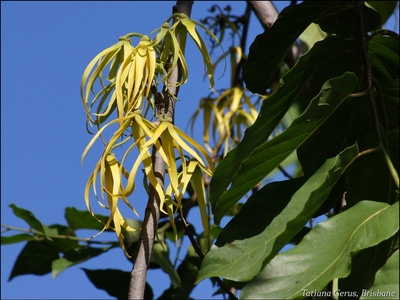
Ylang-Ylang
Famous for its intensely aromatic flowers, which are a key ingredient in many perfumes, including Chanel No. 5. The scent is exotic and sweet.
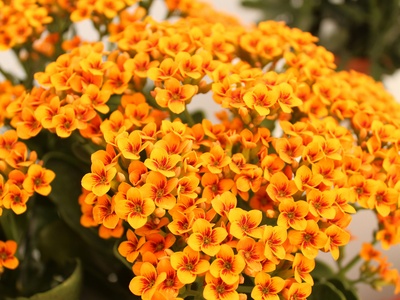
Kalanchoe
A popular succulent houseplant known for its cheerful clusters of small, four-petaled flowers that bloom for extended periods in various bright colors.
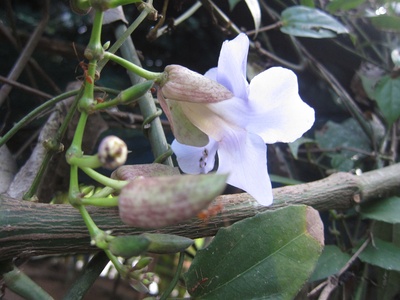
Trumpet Vine
A vigorous climbing vine known for its showy, bright, trumpet-shaped flowers that are a favorite nectar source for hummingbirds in warm climates.
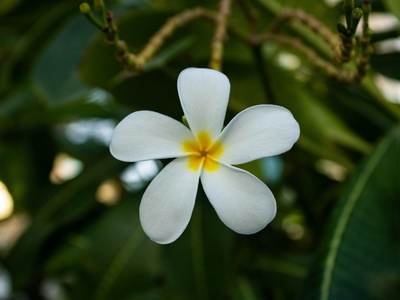
Frangipani
Iconic in tropical regions, the Frangipani’s beautiful and intensely fragrant flowers are a staple for leis and perfumes, symbolizing new beginnings and perfection.

Bougainvillea
A vibrant, drought-tolerant shrub or vine, celebrated for its spectacular display of colorful bracts that often outshine the actual small flowers.
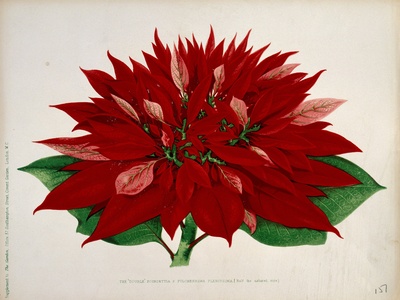
Poinsettia
Though often associated with Christmas, its vibrant red, pink, or white bracts are indeed tropical foliage, making it a popular ornamental plant.
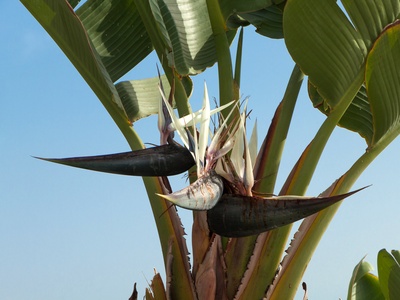
Strelitzia alba
Also known as the White Bird of Paradise, it produces elegant white flowers, resembling a crane’s head, contrasting with its dark, boat-shaped bracts.
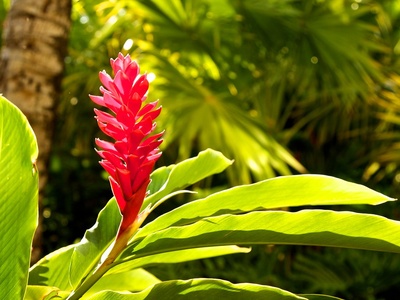
Red Ginger
A striking tropical plant valued for its long-lasting, cone-shaped inflorescences composed of bright red or pink bracts, which are often used in floral arrangements.
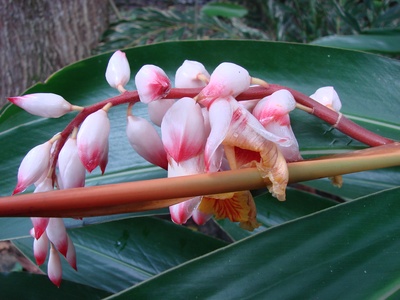
Pink Porcelain Lily
Known as Torch Ginger, its impressive, bright pink, torch-like flowers emerge on tall stalks, making it a dramatic focal point in tropical gardens.
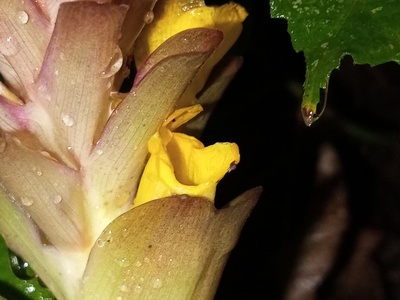
Curcuma
Often called Siam Tulip, this plant produces beautiful, long-lasting, pink to purple flower-like bracts that resemble tulips, making them popular cut flowers.
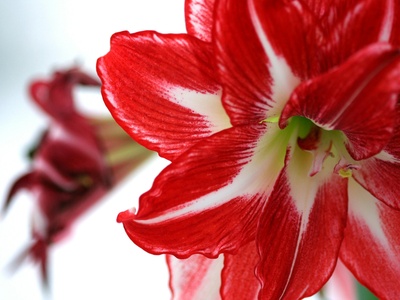
Amaryllis
Known for its dramatic, large, and elegant trumpet-shaped blooms that emerge from a bulb. It’s a popular choice for holiday indoor forcing.
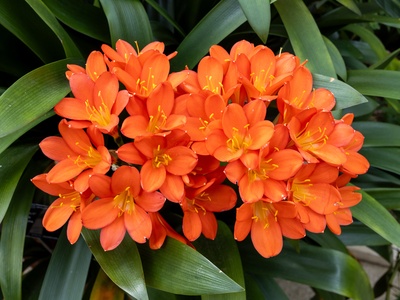
Clivia
A shade-loving plant prized for its vibrant orange, bell-shaped flowers that bloom in clusters on sturdy stalks. It’s also known for its glossy, evergreen leaves.
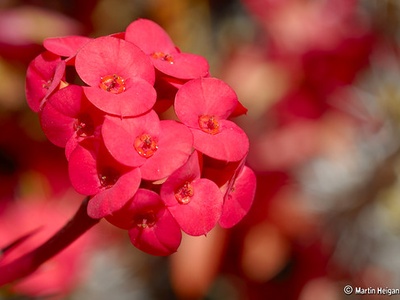
Crown of Thorns
A succulent shrub known for its thorny stems and clusters of small, brightly colored bracts that resemble flowers. It’s resilient and flowers almost continuously.
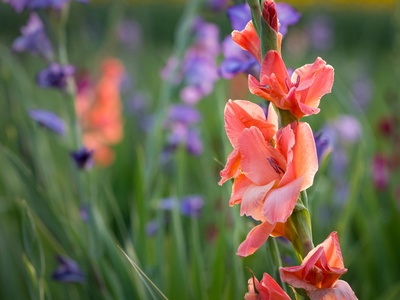
Gladiolus
While many varieties thrive in temperate zones, numerous species are native to tropical Africa, known for their dramatic, tall flower spikes in a multitude of colors.
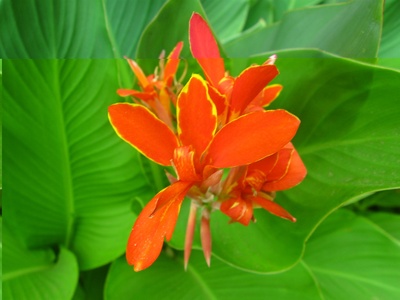
Canna Lily
Despite its name, it’s not a true lily but produces large, banana-like leaves and bright, showy flowers in shades of red, orange, yellow, and pink.
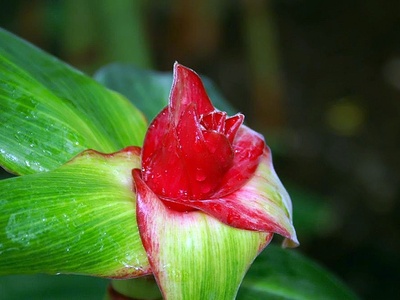
Costus
Known as Crepe Ginger, it produces unique, white, crinkled flowers that emerge from a colorful, cone-shaped inflorescence, adding an architectural element to gardens.
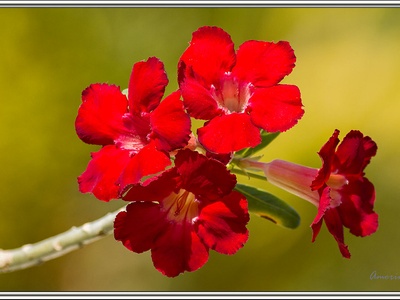
Desert Rose
A succulent shrub known for its bulbous trunk and striking, vibrant flowers. It tolerates drought and thrives in hot, sunny conditions.
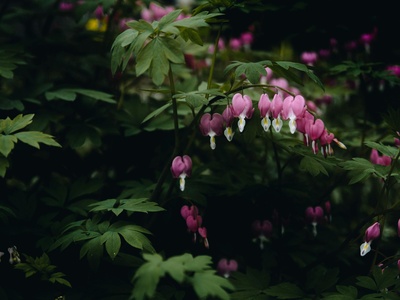
Bleeding Heart Vine
A vigorous climbing vine producing beautiful clusters of white, heart-shaped calyces from which crimson red flowers emerge, creating a striking contrast.

Ginger
While primarily known for its culinary rhizome, the ginger plant also produces interesting, often fragrant, yellow-green flowers on separate stalks.
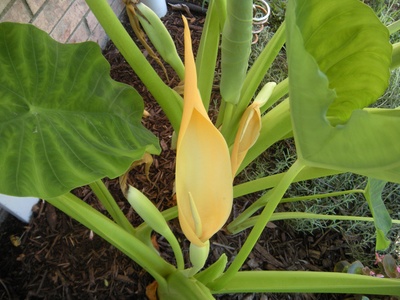
Elephant Ear (Flower)
While primarily grown for its large, dramatic leaves, many Alocasia species produce a spathe and spadix flower structure, similar to a calla lily.
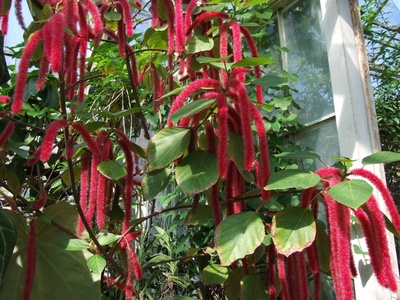
Queue de chat
Also known as Chenille Plant, it produces striking, long, drooping, fuzzy red flower spikes that resemble a cat’s tail, making it a unique ornamental.
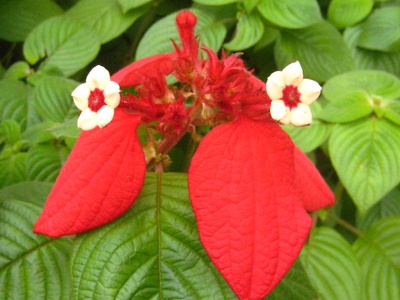
Pink Mussaenda
Valued for its brilliant, enlarged, petal-like sepals that create a stunning display of color, often in white, pink, or red, surrounding tiny yellow flowers.
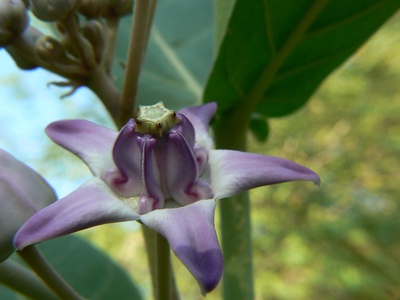
Crown Flower
A robust shrub known for its unique, waxy, star-shaped flowers with a distinctive central “crown,” often used in Hawaiian leis and traditional crafts.
